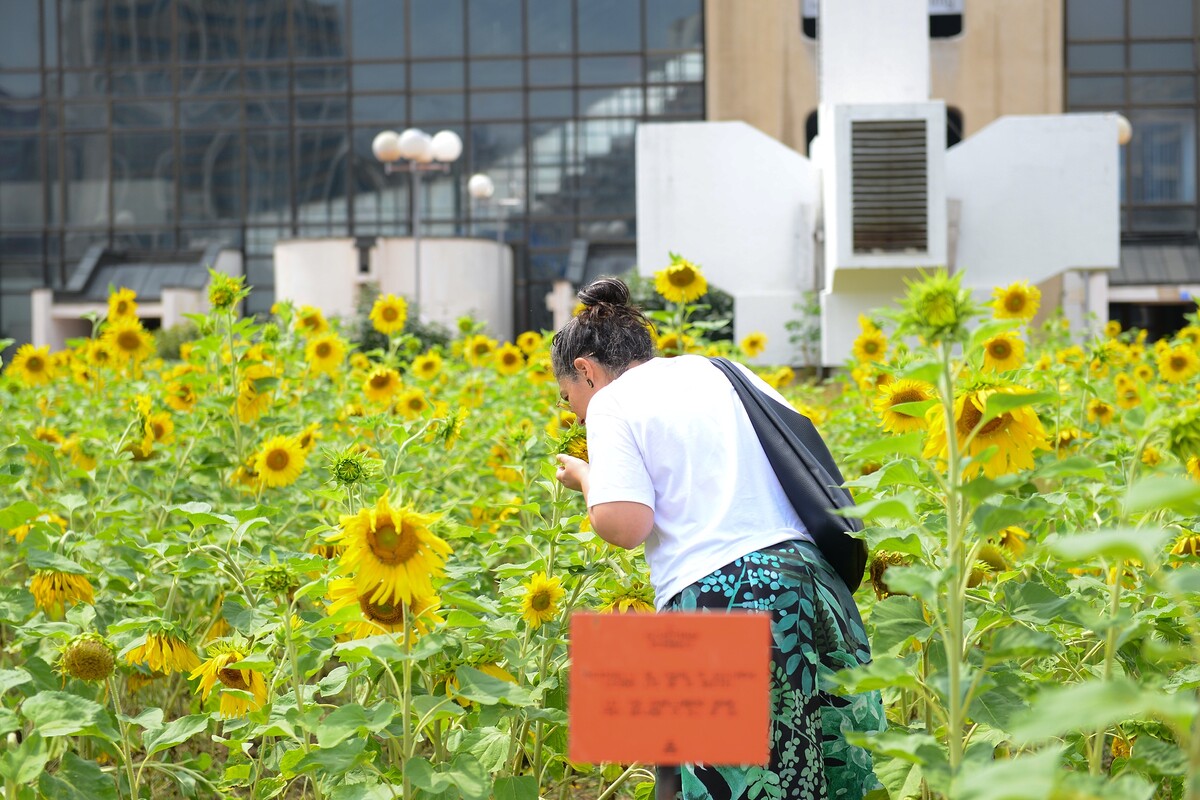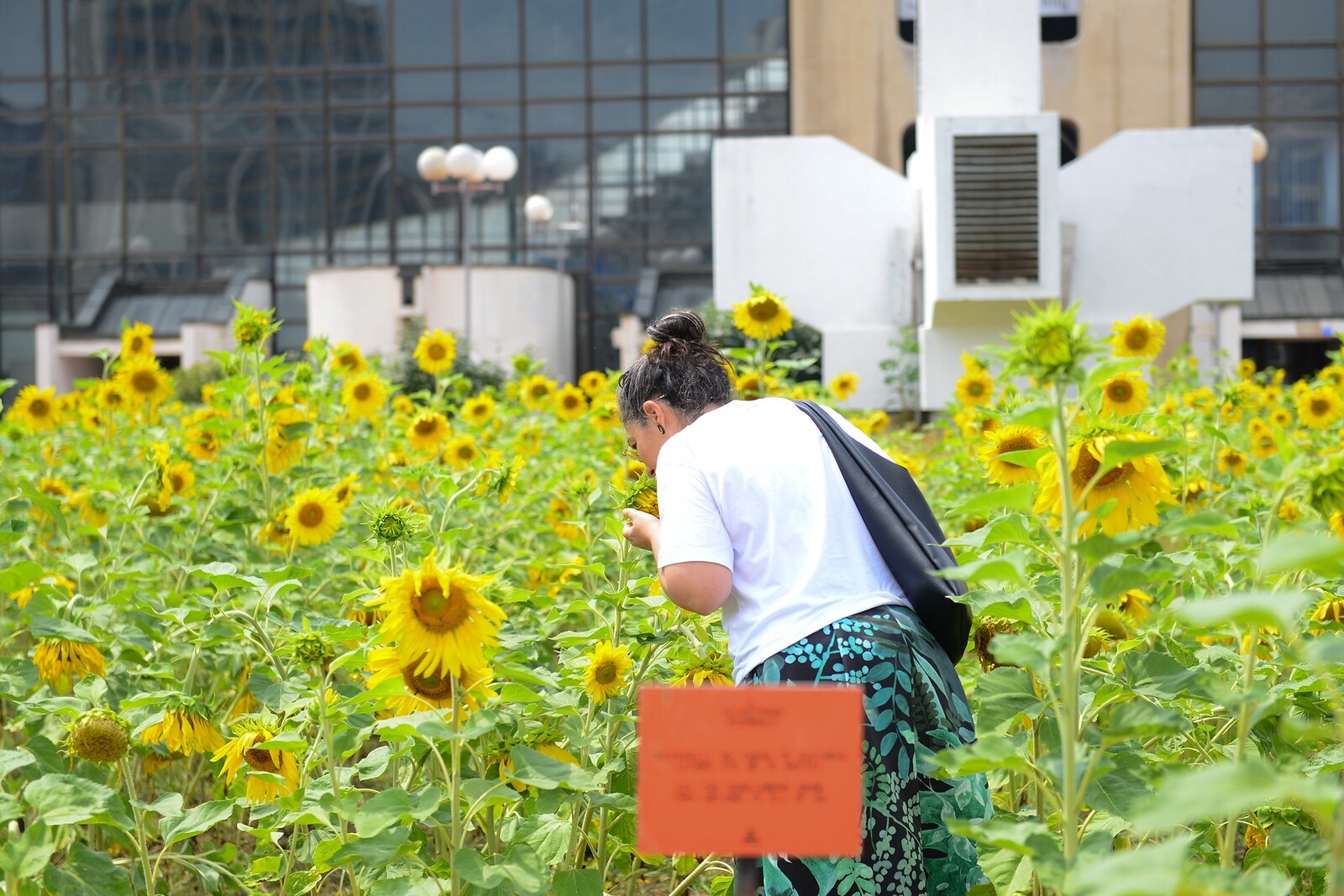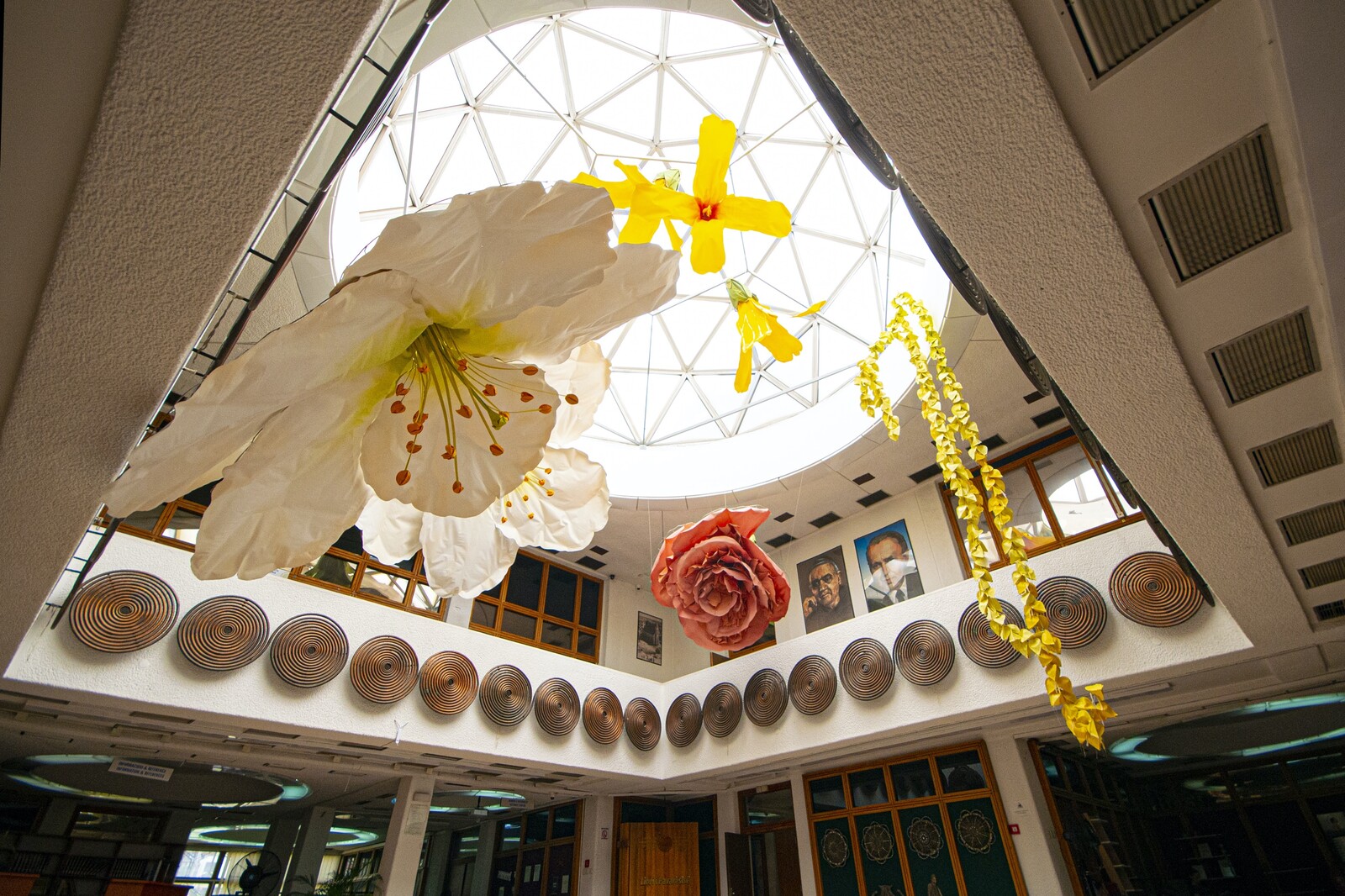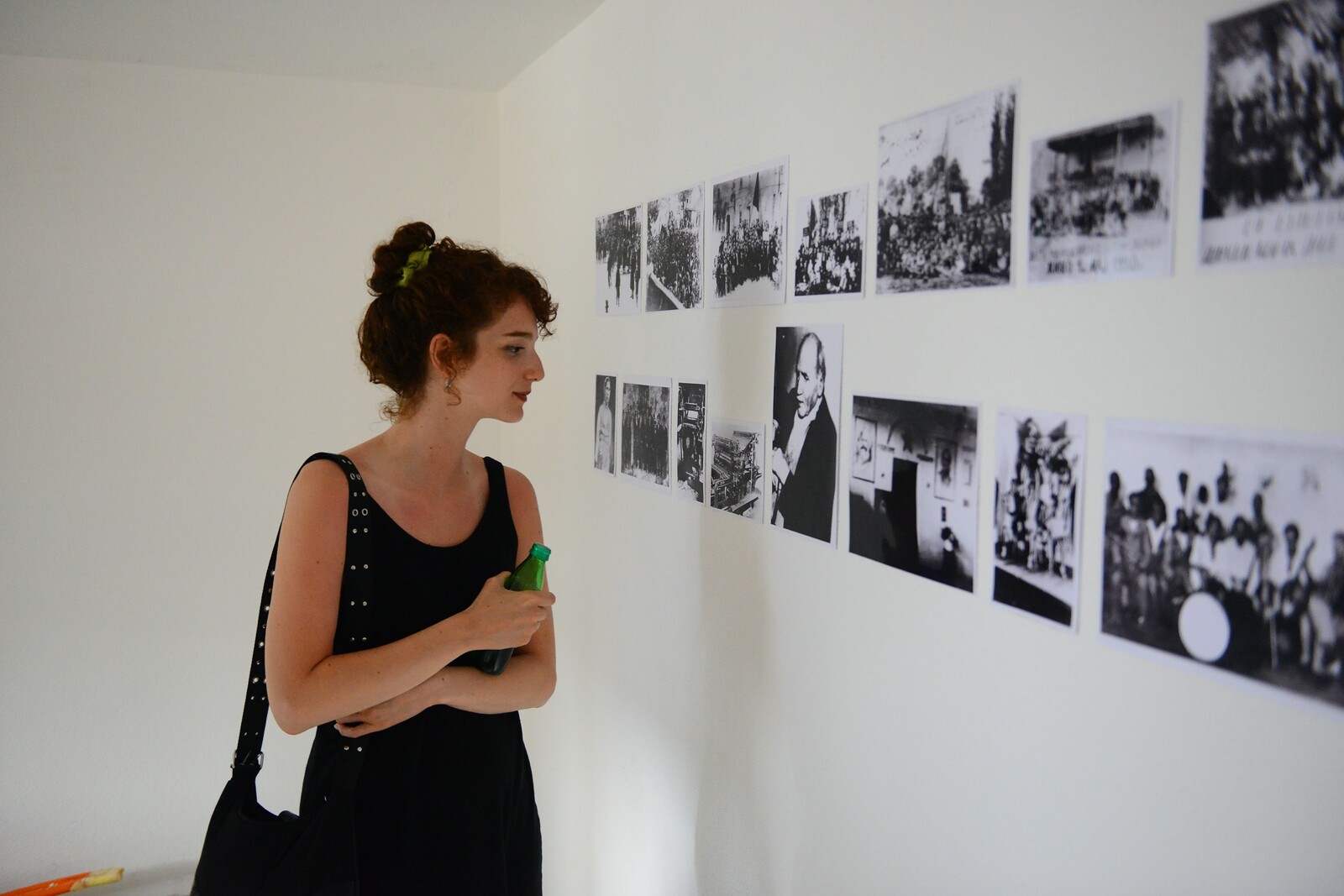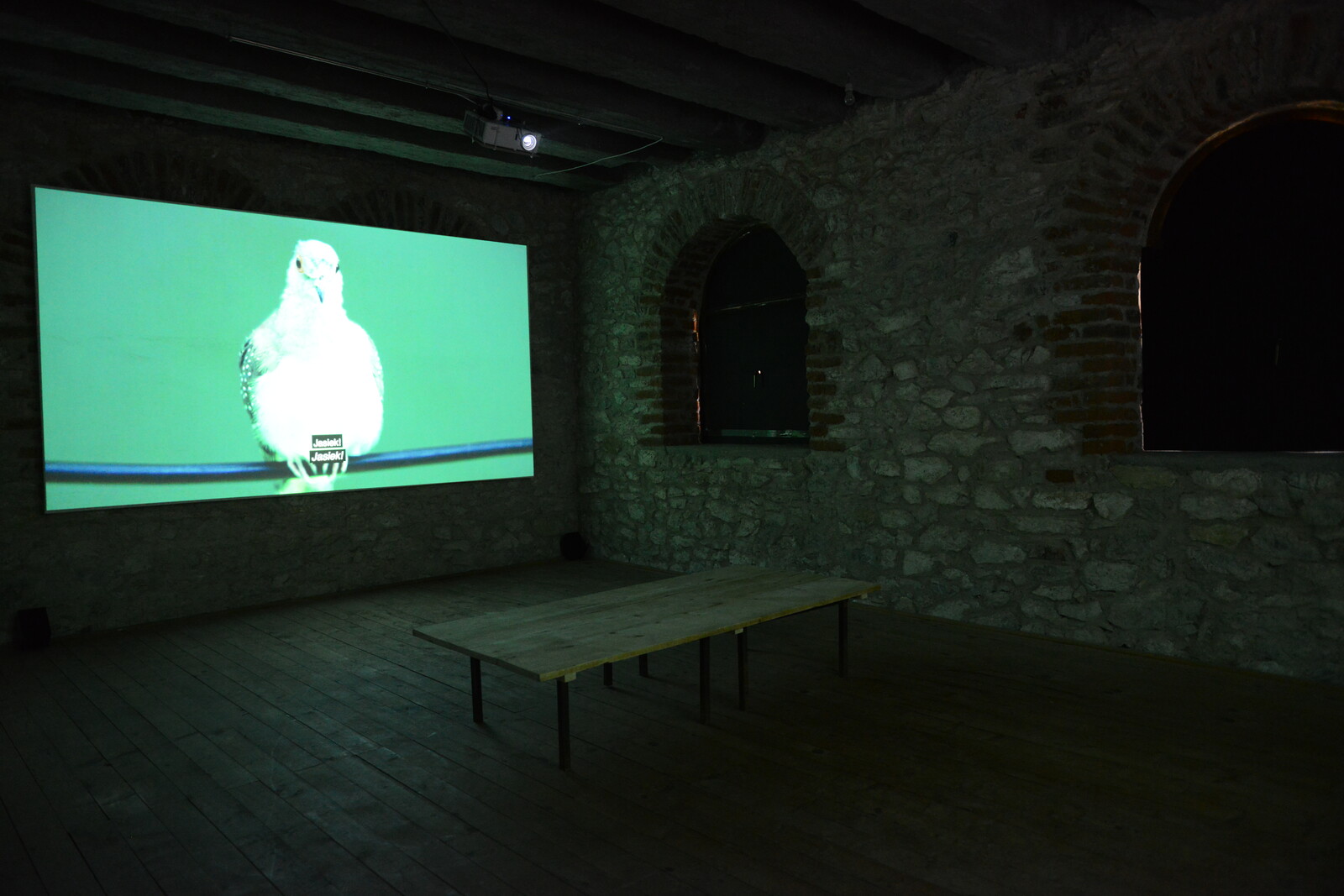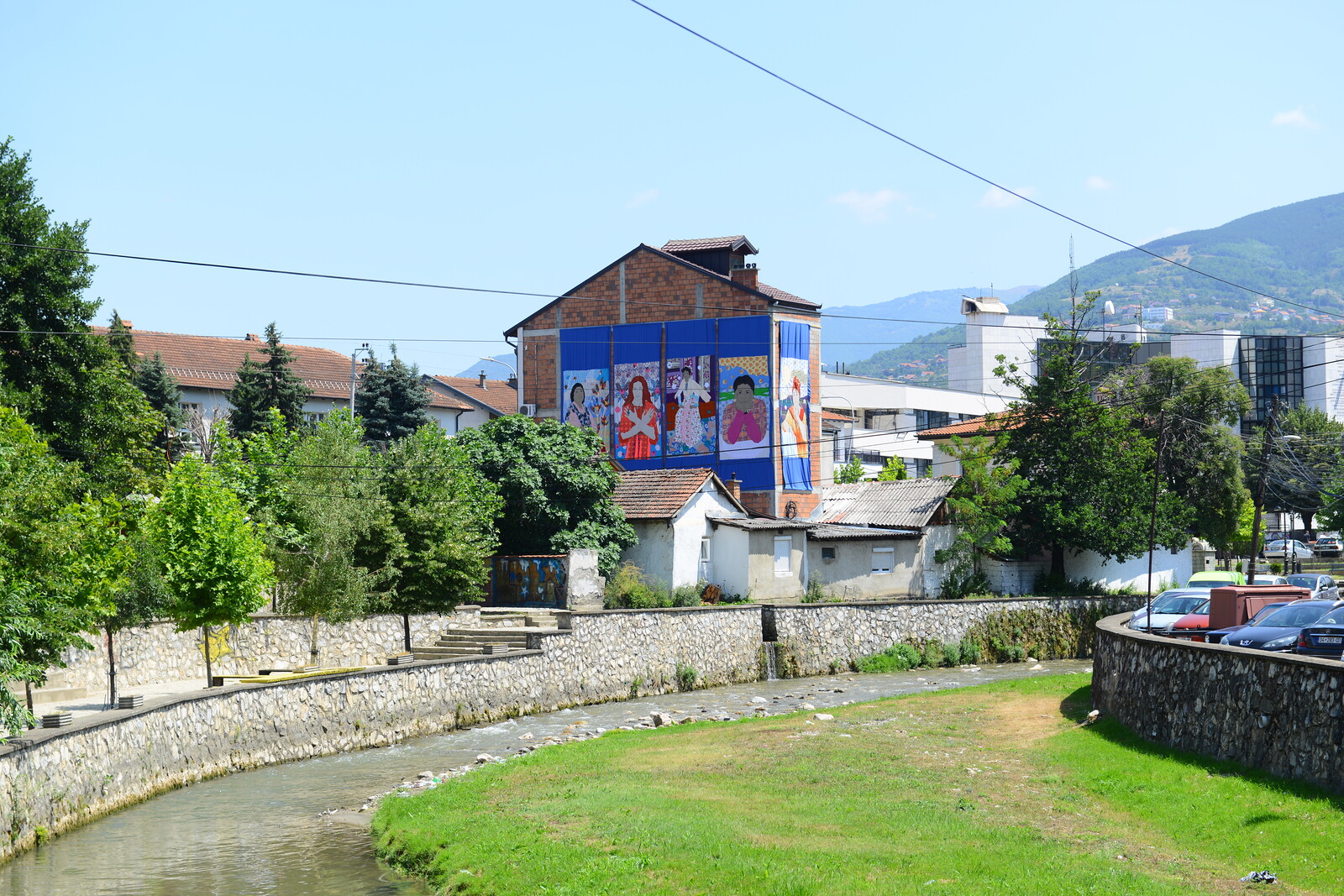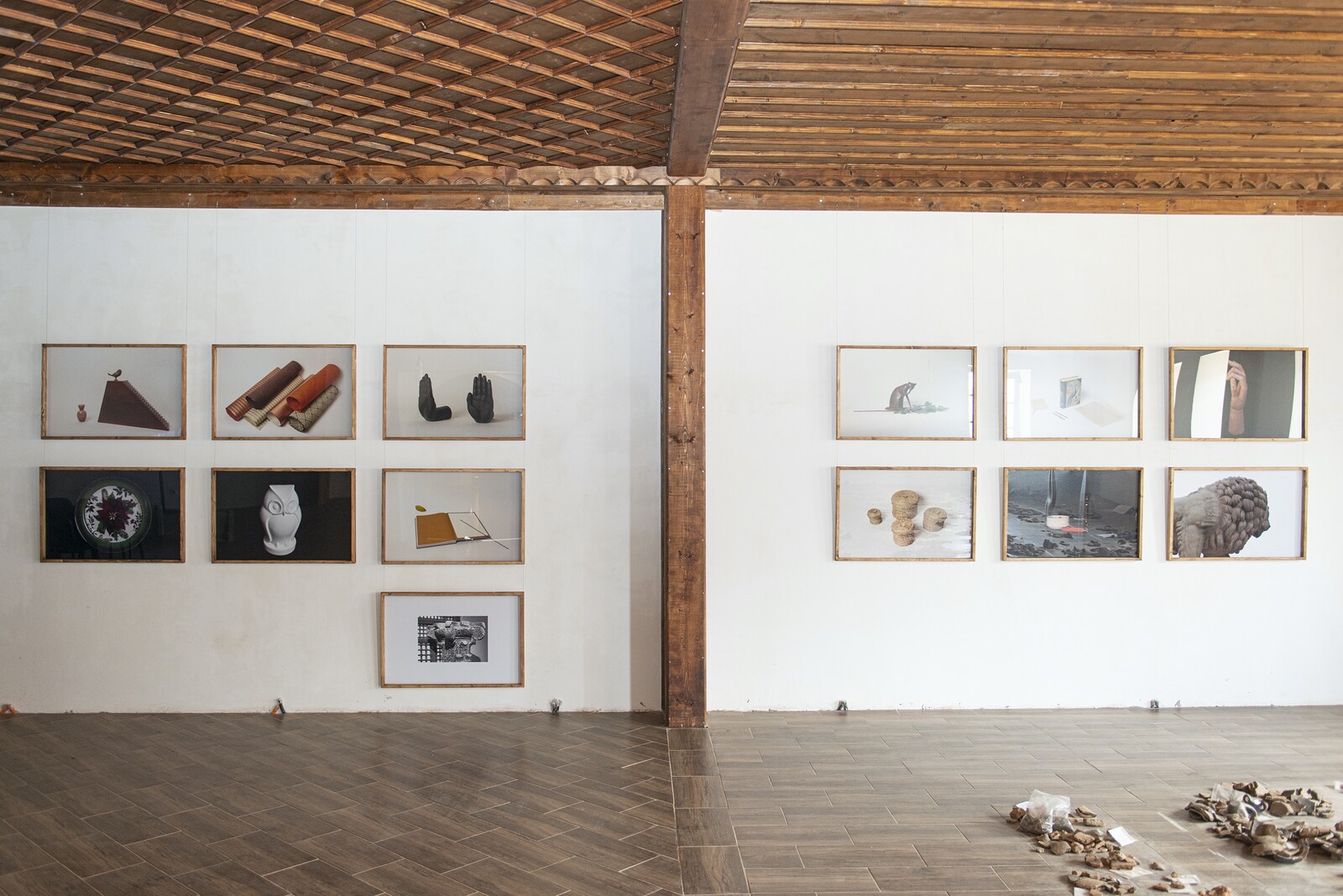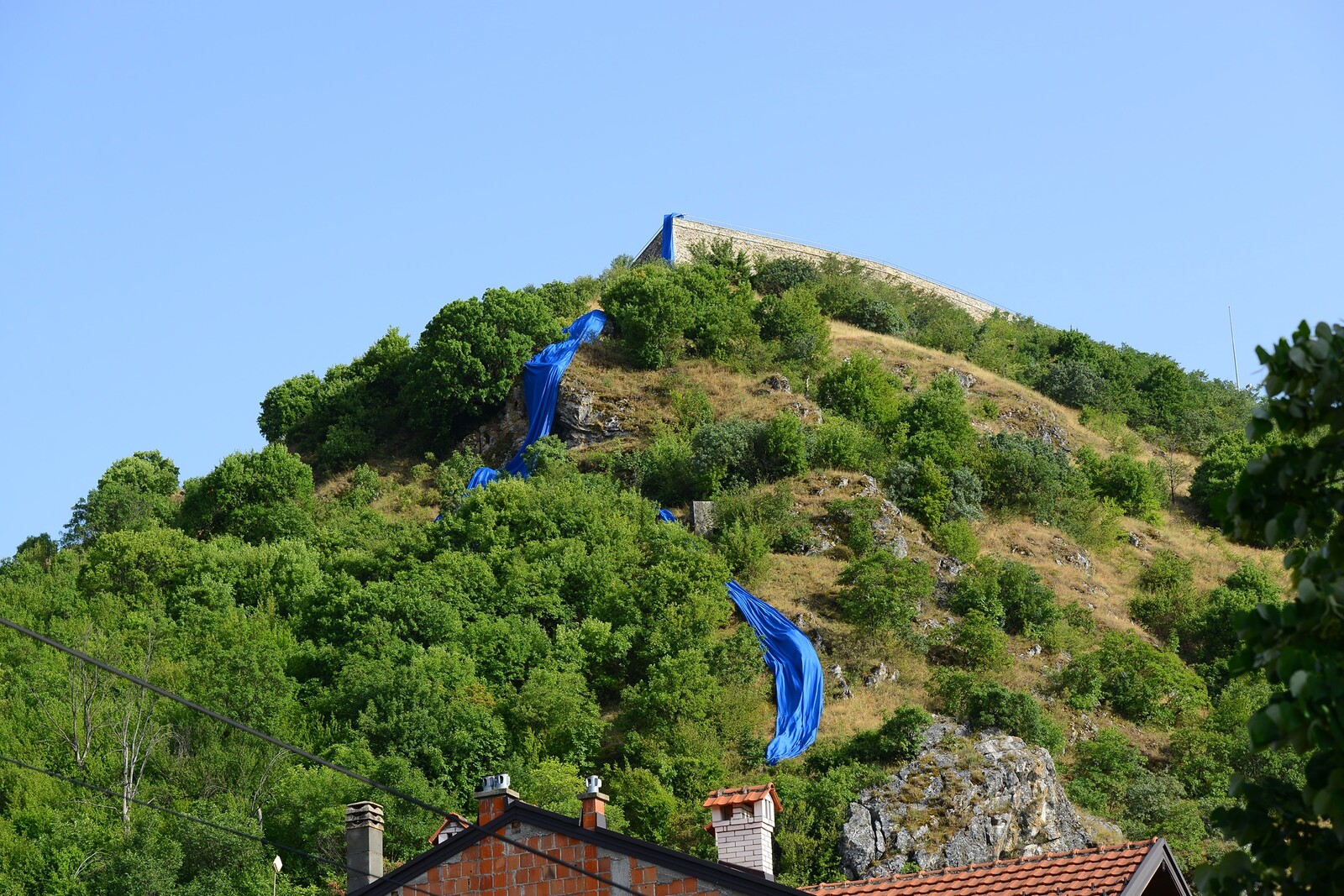July 1–September 11, 2021
Whether measured by visitors, tourist revenue, and column inches, or in the more nebulous terms of intellectual, spiritual, and social understanding, it’s worth asking: is growth an inherently good thing for a biennial? Each of these developmental metrics can be applied to the Autostrada Biennale, now in its third iteration, as it partners with a larger institution: the peregrinating European biennial Manifesta, which lands in Pristina in 2022.
Curated by Övül Ö. Durmuşoğlu and Joanna Warsza, “What if a Journey…” plays on the series of postwar highway projects, collectively known as the Autostrada, that link the nation’s three main cities and hosts for this exhibition—Pristina, Prizren, and Peja—to each other and to neighboring countries. Featuring 30 artists and collectives in venues ranging from a library in Pristina to a bar in Peja, it grows a project founded in 2014 by Vatra Abrashi, Leutrim Fishekqiu, and Barış Karamuço as the first contemporary art institution in Prizren.
In the nation’s capital, two large-scale installations pivot from infrastructure to flora, and back again. Agnes Denes’s Sunflower Fields (2021) finds the artist planting a radiant sea of sunflowers within a drab city plaza awash with crumbling concrete. As charming as it is seemingly straightforward (who doesn’t love sunflowers?), the work raises further questions about how a biennial is funded, and how it relates to the city which hosts it. Both of the projects in Pristina are supported by Manifesta, which has packaged them into its own branding. While this might be read as a symbiotic form of resource-sharing, the larger project has secured a king’s ransom from Kosovo’s cultural institutions for its participation. This potentially stifles the expansion of smaller but autochthonous initiatives in favor of a one-off mega-spectacle. Teasingly, the feeling of being left behind is tussled with in Petrit Halilaj & Alvaro Urbano’s Forget Me Not (2020–21), also in Pristina.
Layered within the National Library of Kosovo—a brutalist building-as-assimilation-totem built when the city was part of Yugoslavia—is an exquisite arrangement of oversized fabric flowers, including the eponymous forget-me-nots. Hung from a greenhouse-like glass dome, they wistfully drape the library’s central atrium to adorn, yet partially obscure, its court of honor: a garland of portraits of mostly local, mostly male authors. The artwork, by a Kosovar and Spanish duo, debuted in 2020 in Spain, which does not recognize Kosovo out of concern that doing so would sanction the Basque and Catalan self-determination movements within its own borders. Here, the different species of flowers are grafted onto a commentary on the fraught history of integration as a political end-in-itself.
The opening of “What if a Journey…” coincided with the fifth annual Pride Week in a country that does not authorize same-sex marriage; the wall text around Forget Me Not, however, advocates the expansion of this human right. The art of weaving all these threads together through the loom of one scintillating display is impressive, even if longstanding issues around the limitations of the nation-state, and traditional marriage contracts, remain knots in the fabric. Untying everything might be too much to ask from a single work, but an installation in Prizren (where the majority of the works are staged) offers a deeper cut of liberation ideology.
Sezgin Boynik & Tevfik Rada’s dexterous exhibition-within-an-exhibition, “Who are Ferit and Nakiye Bayram?,” displays photographs, facsimiles, and other ephemera to bring to life the tale of its titular characters in a somewhat pantomimed classroom setting. To answer the curators’ question, these were two leftist intellectuals who lived through the radical transformations of the Balkans during the twentieth century and posed their own questions about the nature of political freedom. While essentialist forms of identity such as nationality are often a precursor for political mobilization, the Bayrams noted that they are also exclusive, and thus seed reactionism. Ferit and Nakiye proposed that socialism could offer a larger framework which, in true dialectical fashion, would preserve difference while achieving an inclusive and strengthened collective identity. Likewise, Boynik & Rada’s project juxtaposes archival materials including personal letters, campaign banners, pamphlets, notebooks, and documentation of political science lessons and their related didactics, to develop an image of two lives dedicated to something greater than themselves. The result is a riveting piece of storytelling richly embedded within its broader societal elements.
Against its best intentions, “What if a Journey…” loses its footing when the signaling that something is important overshadows the pleasure of viewing it. Małgorzata Mirga-Tas’s Herstories (2019–21), a collection of appliqué portraits made of the Romani community of which she is a member, is one of the many strong works to suffer this fate. Each is a tapestry of an extraordinary Roma woman fashioned primarily out of her own recycled garments. Regrettably, the intimacy of these works is lost as they are festooned to a set of billboards that recede into Prizren’s cityscape as if they were old wallpaper or faded advertisements. Agnieszka Polska’s breathtaking two-channel film The Thousand-Year Plan (2021) also feels like a lost opportunity. This wild, surrealist take on electrification and power is told through the fictive encounter of two pairs of star-crossed lovers after World War Two in Poland. Unlike Halilaj & Urbano’s Forget Me Not, the artwork’s relocation to Kosovo, where it is shown in an antique hydroelectric plant, does little to advance a work which queers the glorification of anti-communist holdouts by the current right-wing Polish regime. Polska’s gem is not simply about the brilliance of generators, but also bears witness to the dreams and nightmares of those who built them to construct a then-new, now lost, society that still carries a charge today. In the words of the film’s protagonists, these aspirations are aroused by the notion that “uncertainty is hope.”
Circling back to the ambivalence of growth, it’s hard to decide whether the biennial format is maturing into something greater or simply losing shape. On the flipside of the Manifesta bargain, more curators have been giving space over to compact, discrete, and semi-independent curatorial projects within large-format shows (take for example María García and Pedro G. Romero’s excellent exhibition on minor histories within the most recent Bergen Assembly). Whether they are an act of outsourcing or generosity, such small-scale projects offer a clarity of vision which ambitious, wide-ranging, ever-growing perennial exhibitions struggle to match.
